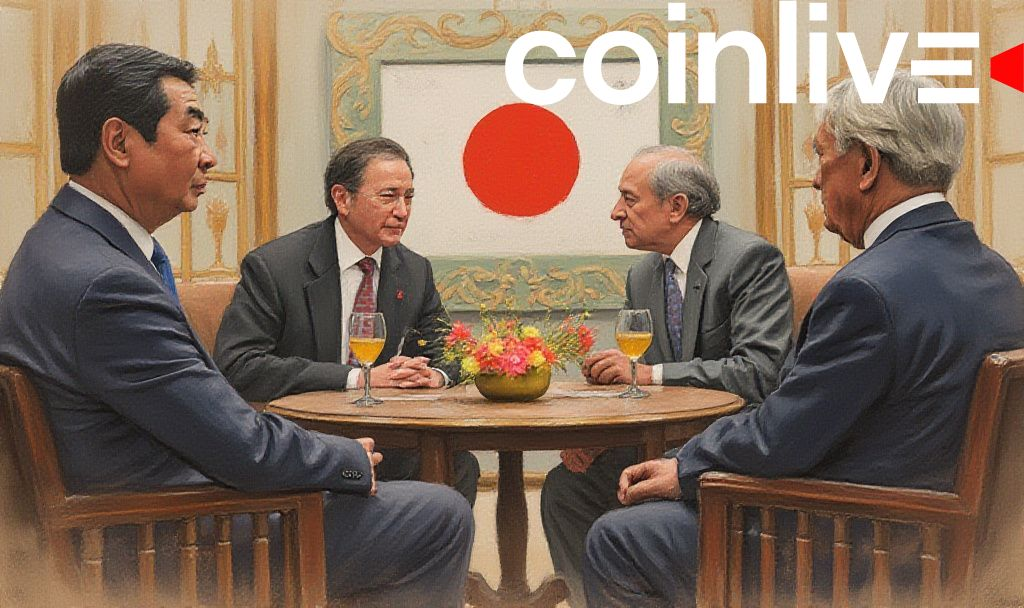- U.S.-Japan trade talks initiated by Trump and Ishiba.
- Negotiations focus on tariffs and economic ties.
- Markets experience short-term volatility due to uncertainties.
The recent trade agreement discussions between Japan and the U.S. hold considerable importance due to the potential for reshaped economic policies and resolution of tariff-related disputes. Initial market reactions have seen volatility, reflecting investor uncertainty.
Trade discussions between the U.S. and Japan are gaining momentum, with both governments keenly interested in resolving tariff disputes. Donald Trump leads the U.S. delegation, while Japan’s Prime Minister Shigeru Ishiba emphasizes the need for strategic negotiation approaches.
“I am not of the view that [Japan] should make concessions for the sake of wrapping negotiations quickly,” – Shigeru Ishiba
U.S. Commerce and Treasury Secretaries, along with the Trade Representative, are crucial actors in the negotiation process. Japan’s delegation is headed by Economic Revitalization Minister Ryosei Akazawa, focusing on pushing back against U.S. import levies, seeking fairer trade terms.
The talks have immediate economic repercussions. The global and U.S. stock markets saw a downturn due to ongoing tariff uncertainties, which resulted in sharper sell-offs, influencing the broader investor sentiment and reflecting caution among stakeholders.
Financial and political implications are vast, as the ongoing discussions may reshape current trade policies, reduce tariffs, and impact international relations. Federal chair Jerome Powell has warned of negative effects on the car industry’s long-term economic prospects.
The negotiations may lead to changes in market conditions influenced by historical trends seen in previous trade wars. If successful, the deal could stabilize the equity markets, despite macroeconomic pressures and regulatory impacts remaining minimal.
